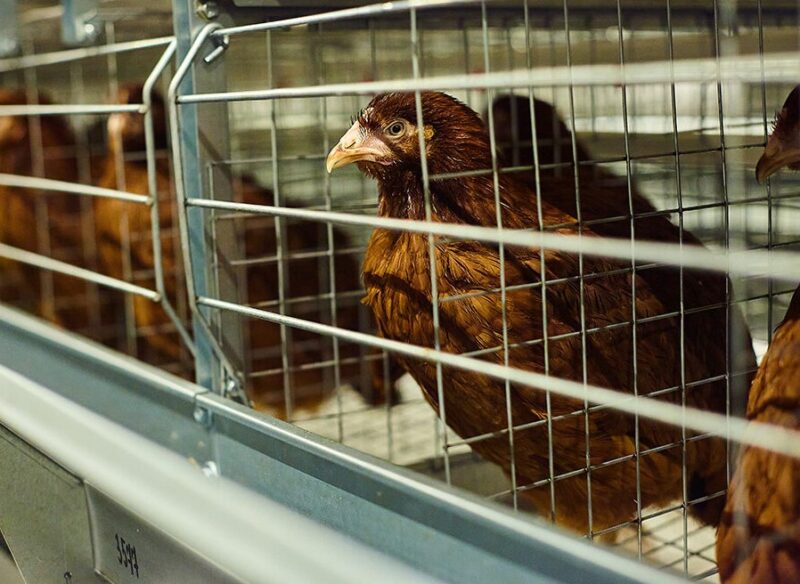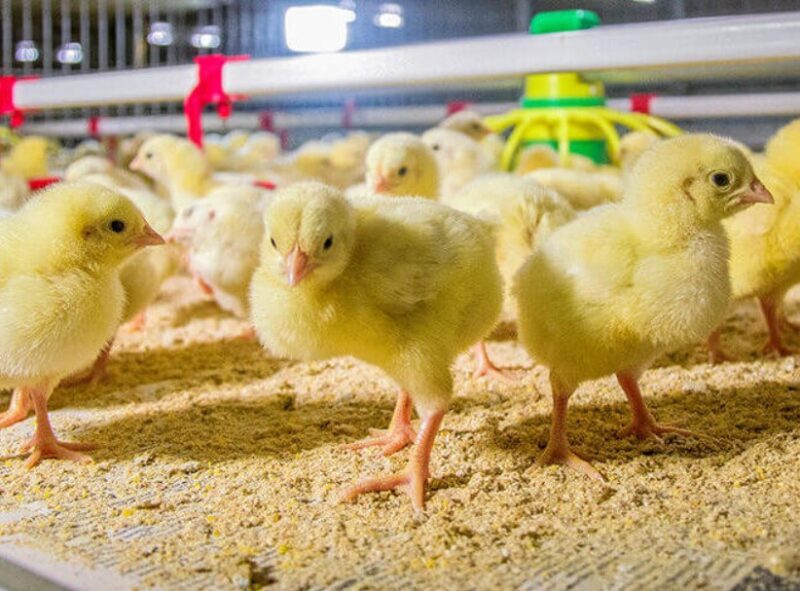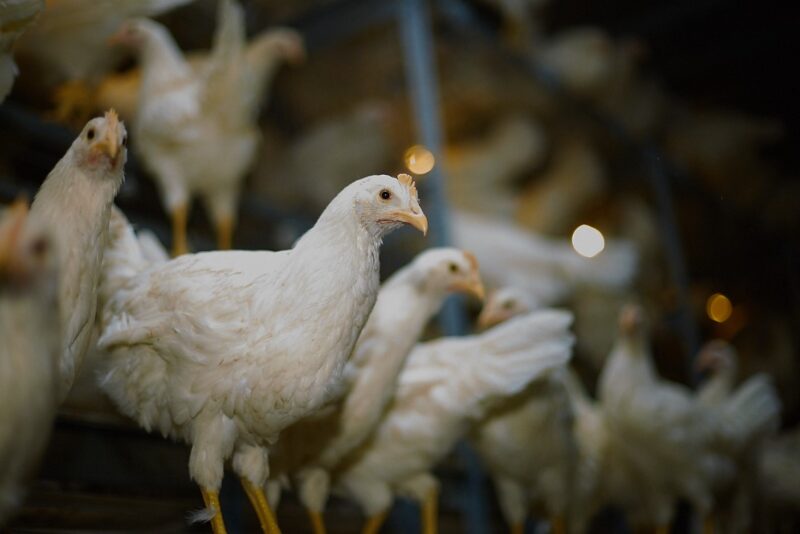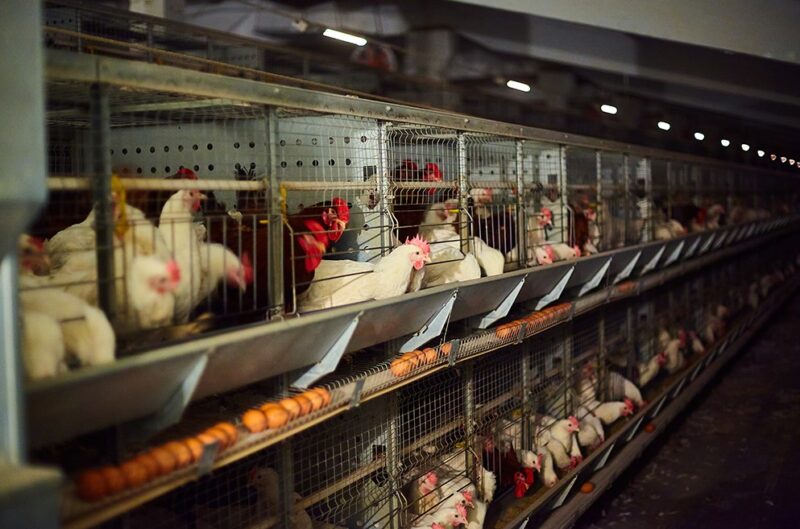Poultry farming has held a revered place as a cornerstone of agriculture for generations, serving as a reliable source of meat and eggs that nourish communities worldwide. However, in recent years, there has been a notable surge in the importance placed on sustainable practices within the poultry industry.
Sustainable poultry farming extends its benefits far beyond the confines of the coop, as it not only safeguards the well-being of the feathered inhabitants but also plays a pivotal role in environmental conservation and ensures the economic viability of this essential sector.
This article embarks on a journey into the art of sustainable poultry farming, delving into the practices and principles that guide responsible poultry farming. Moreover, it offers invaluable tips and insights to cultivate a thriving and prosperous flock, where sustainability is not just a buzzword but an integral part of your poultry farming legacy.
Why Sustainable Poultry Farming Matters

Sustainability in poultry farming is critical for several reasons:
- Biodiversity and ecosystem preservation ─ Sustainable poultry farming can play a significant role in preserving biodiversity and protecting the natural ecosystems surrounding your farm. By employing eco-friendly practices, you can reduce the negative impact on local flora and fauna. Responsible land management can prevent habitat destruction and pollution, allowing local wildlife to thrive alongside your poultry operation.
- Reduced antibiotic use ─ Overreliance on antibiotics in conventional farming has raised concerns about antibiotic resistance. Sustainable poultry farming often emphasizes preventive measures such as better hygiene, vaccination, and improved living conditions, which reduce the need for antibiotics. This not only benefits the birds but also contributes to the global fight against antibiotic-resistant bacteria.
- Local and global food security ─ Sustainable poultry farming, especially when integrated with other sustainable agricultural practices, contributes to food security on both a local and global scale. By reducing the environmental impact and improving the efficiency of your poultry operation, you are contributing to a more stable and resilient food system. This is crucial in the face of increasing global challenges such as climate change and population growth.
- Regulatory compliance and certification ─ Many regions are implementing stricter regulations and certifications related to animal welfare and environmental standards. By adopting sustainable practices, you not only stay ahead of regulatory changes but also open doors to premium markets and opportunities for partnerships with organizations that share your sustainability goals.
- Long-term reputation and branding ─ Building a reputation for sustainable poultry farming can enhance your brand image and help you stand out in the marketplace. Consumers increasingly seek out products that align with their values, and a commitment to sustainability can be a powerful selling point that sets you apart from competitors.
- Resilience to climate change ─ Climate change is bringing about more extreme weather events and environmental challenges. Sustainable poultry farming practices, such as water conservation, diversified feed sources, and energy-efficient infrastructure, can make your operation more resilient to these changes. This adaptability is essential for the long-term success of your poultry farm.
9 Tips for Sustainable Poultry Farming

- Water management ─ Sustainable poultry farming also involves responsible water usage. Install water-efficient systems and monitor water quality to ensure that your birds have access to clean and uncontaminated water. Effective water management reduces resource wastage and helps maintain bird health.
- Pest and predator control ─ Implement sustainable pest and predator control measures to protect your flock. Rather than relying on harmful chemicals, explore alternatives like natural predators, netting, or secure housing. These approaches keep your birds safe without harming the environment.
- Crop rotation and diversified farming ─ If your poultry farm is integrated with crop cultivation, consider crop rotation and diversified farming. This practice not only enriches the soil but also reduces the need for external fertilizers and pesticides. It fosters a mutually beneficial relationship between the poultry and agriculture aspects of your operation.
- Local feed sourcing ─ Whenever possible, source your poultry feed locally. This not only supports local businesses but also reduces the carbon footprint associated with long-distance transportation of feed ingredients. Sustainable sourcing practices can extend to the packaging and distribution of your products as well.
- Education and training ─ Continuously educate yourself and your staff on the latest sustainable farming practices. Attend workshops, seminars, and training programs to stay updated on the industry’s best practices. Sharing this knowledge with your team ensures that sustainable principles are consistently applied.
- Community engagement ─ Engage with the local community and stakeholders to build a support network for your sustainable poultry farm. Community involvement can lead to opportunities for collaboration, waste management solutions, and support for your sustainable initiatives.
- Monitoring and data analytics ─ Utilize technology for real-time monitoring and data analytics. This allows you to make data-driven decisions about your farm’s efficiency, resource utilization, and overall sustainability. By tracking key metrics, you can identify areas for improvement and fine-tune your operations.
- Certifications and labels ─ Pursue certifications and labels that vouch for the sustainability of your poultry products. These designations can be a powerful marketing tool, helping you reach conscientious consumers and access premium markets. Examples include organic, free-range, or humane-certified labels.
- Employee well-being ─ Sustainable poultry farming isn’t just about the birds and the environment; it also extends to your employees. Create a safe and healthy work environment, offer fair wages, and provide opportunities for professional growth. A motivated and well-trained workforce is an essential component of sustainability.

Incorporating sustainable practices into your poultry farming operations not only bestows significant benefits upon the environment, the welfare of your feathered flock, and the surrounding community, but it also stands as an unwavering assurance of the enduring prosperity and profitability of your poultry enterprise.
This commitment to sustainability not only safeguards the natural world but also ensures the welfare of your cherished birds and fosters a sense of social responsibility that extends beyond your farm’s boundaries. Furthermore, it secures your poultry venture’s resilience and long-term viability, positioning it for continued success in the ever-evolving landscape of agriculture.
In conclusion, sustainable poultry farming is not just an ethical choice but a smart one as well. By prioritizing the welfare of your birds, the health of the environment, and economic viability, you can create a thriving poultry farm. The expertise and equipment offered by industry leaders like TEXHA are valuable assets in your journey towards sustainable and successful poultry farming.

